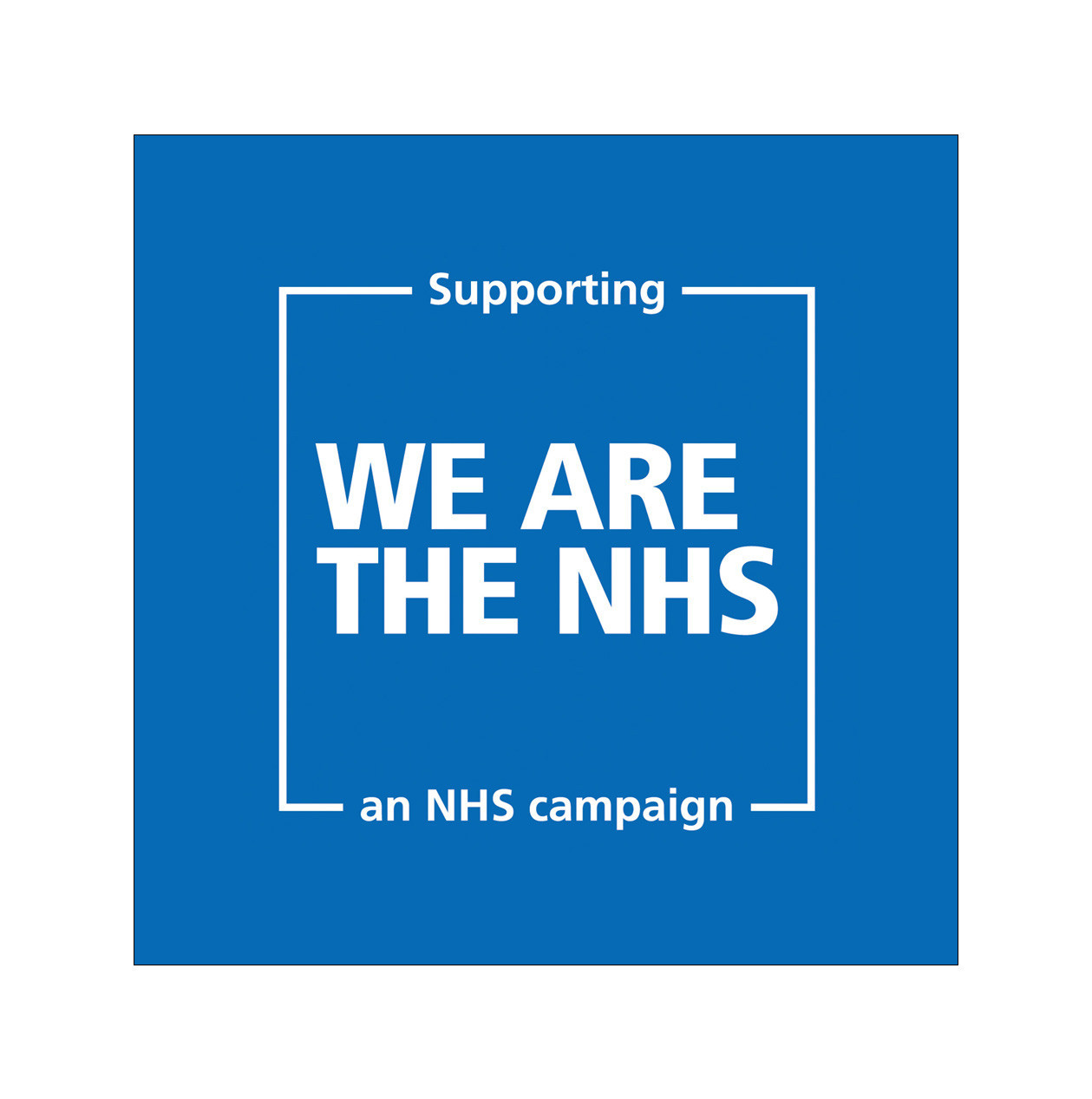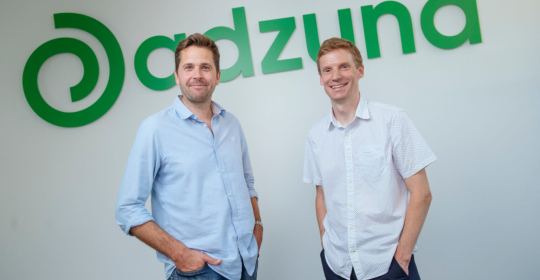- UK’s largest jobs site Indeed and the NHS are hosting in-person hiring events across England in March and April
- Recruitment drive is for Healthcare Support Workers new to the NHS
- Events will see jobseekers interviewed in Billericay, Southampton, Manchester and London at venues including St Mary’s Stadium and the Emirates Old Trafford
- Campaign is largest face-to-face NHS recruitment events since the pandemic started
The global job site Indeed and the NHS are partnering on a series of in-person recruitment events that could see thousands of new employees interview for healthcare support worker (HCSW) roles in the health service.
The recruitment drives will kick off in Billericay (30 March) followed by events in Manchester (5-6 April) and Southampton (8 April). Further events are planned in April in London, Leicester, Leeds and Norfolk.
They are some of the first of their kind since COVID-19 restrictions were eased and are aimed at candidates who are looking to start out in a healthcare career, return to work after a break or change careers from another sector.
Jobseekers can find out more about the events near them and available interviews by visiting this page. To register their interest, Indeed will check people’s suitability for the role before inviting them to book their own interview slots.
Candidates can then simply turn up to their chosen venue where they will be interviewed and possibly receive on-the-day job offers, subject to post-interview checks. At a pilot event in Plymouth earlier this month, nearly 300 people were interviewed resulting in 239 job offers.
The events combine the latest hiring technology from Indeed, to reduce the time it takes to get people to the interview stage, with the human element of in-person conversations with NHS staff.
The role of healthcare support workers
Healthcare support workers work across a variety of settings, from mental health to children’s services. They work under the supervision of a healthcare professional, supporting them and helping patients on their healthcare journey. The opportunities to progress are endless.
Those who display the skills and core values essential to delivering high-quality, compassionate care could, and can, go on to become future nurses, nursing associates and midwives.
It’s a varied, hands-on, rewarding role – with patient care at the heart of it.
There are no set entry requirements to become a healthcare support worker, but rather success as a healthcare support worker is linked to who you are as a person, not your qualification level or experience.
The NHS is encouraging candidates with qualities such as good communication and problem-solving skills, plus a passion for helping people, to apply for the roles.
Benefits include 27 days’ leave plus bank holidays (rising to 29 after five and 33 after 10 years’ service), enhanced pay for working unsocial hours, strong personal development and career progression plans and a generous NHS pension.
Top 5 tips on how to perform well at an interview
Do your research. Research the employer so you can go into your interview with a solid understanding of the requirements of the job and how your background makes you a great fit. This will also help you craft questions you might have for the interviewer.
Mention your achievements. Try to tie your answers back to your skills and accomplishments by providing examples of results you’ve achieved. Noting these down ahead of the interview is a good idea to help remember your successes.
Keep your answers short. Make sure that you answer the question you’ve been asked. The best answers are succinct, relevant and link to something you’ve achieved or learned.
Prepare strong answers. There are some interview questions that will inevitably come up during discussions with potential employers so get a head start by preparing for them. Favourites such as “Tell me about yourself” and “Why are you interested in this role?” are bound to arise and preparing strong answers will mean you’ll quickly communicate who you are and what value you will bring to the organisation and the role.
Ask smart questions. If you’ve done your research then you’ll likely already know a lot about the role butbe sure to spend time thinking about questions you want to ask your prospective employer.
Maggie Hulce, EVP and GM of Enterprise at Indeed, said:
“Healthcare workers play a vital role in society and have been called upon like never before over the past two years. With demand for their care and compassion at an all-time high, Indeed is proud to partner with the NHS on our hiring events to help people find new and purposeful careers in the health service.
“Our mission is to help people get jobs and by streamlining the manual processes involved in hiring we’ll quickly move suitable candidates straight to the interview stage and free up NHS HR employees to do what they do best, which is engaging with people interested in fulfilling careers.”
Duncan Burton, Deputy Chief Nursing Officer for England said:
“Healthcare support workers are at the heart of wards, clinics and local communities up and down the country, and play an integral part in delivering incredible patient care every single day.
“If moving into healthcare is something you’ve been thinking about or have always wanted to try but thought you needed existing skills and experience, now’s the perfect time to apply and take your first step into this rewarding career.”
Sophie Jones, 19, Healthcare Assistant at Rochdale Infirmary said:
“Although I’d worked in a pharmacy as a counter assistant and had been volunteering with Age UK Oldham, I didn’t have any previous healthcare experience. But I do have a real interest in helping and caring for people.
“I first worked in theatres as a theatre support assistant, before moving into a healthcare assistant role on a surgical ward. My team is like a family; there’s so much support, as well as flexibility and room for progression. I absolutely want to make the NHS my career for life.”







